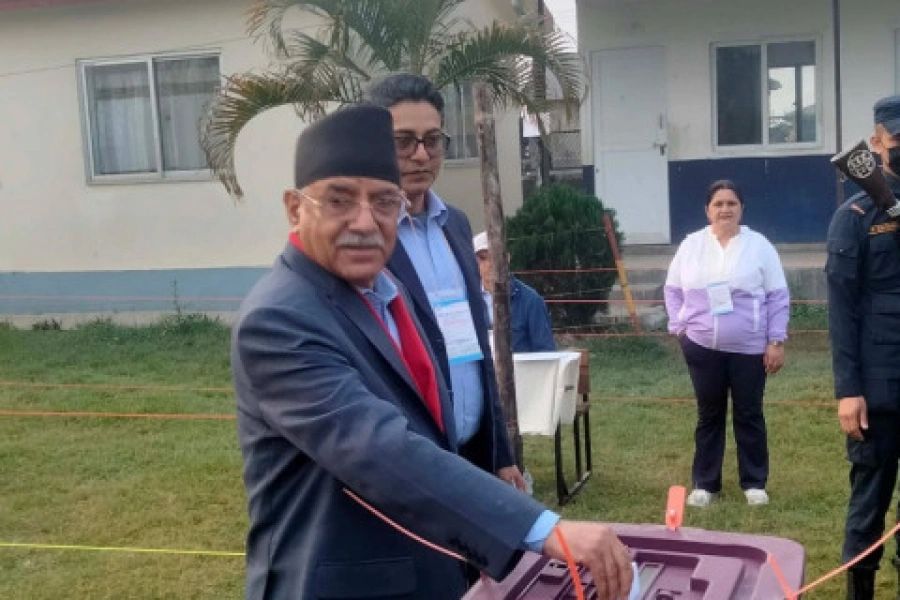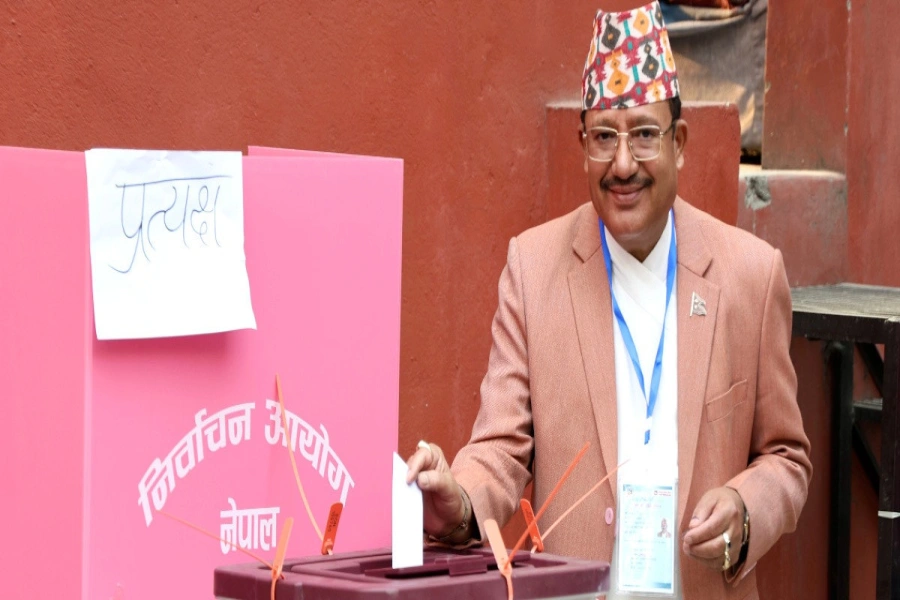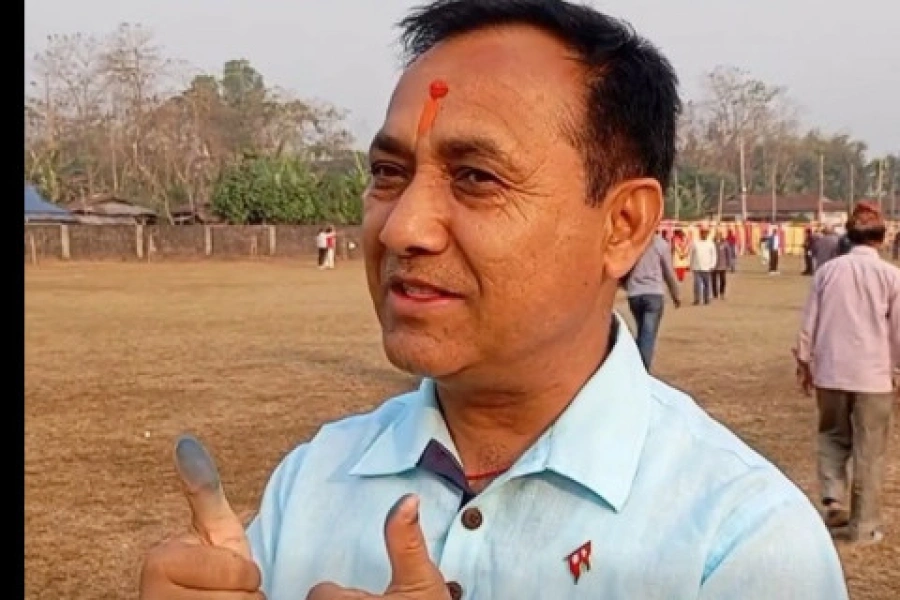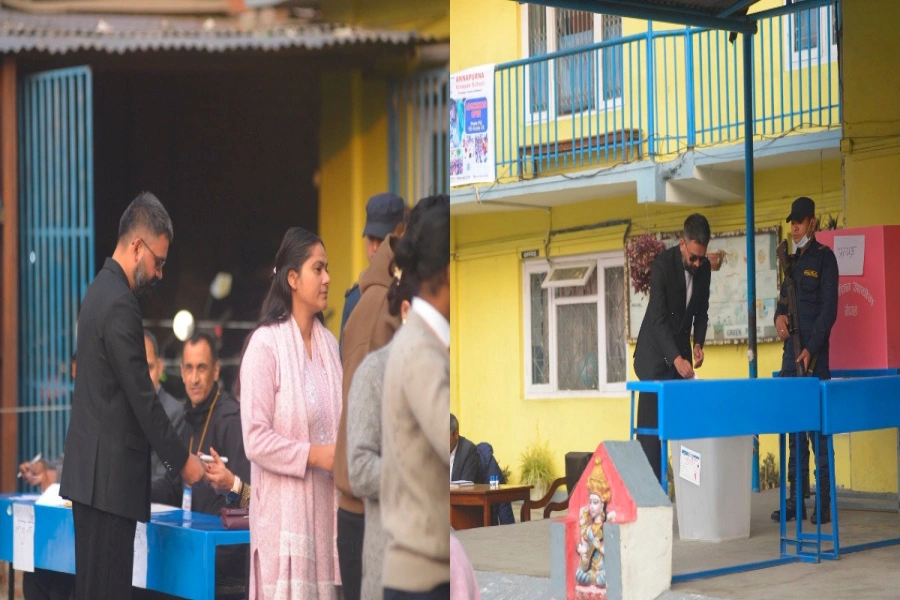SRINAGAR, Oct 9: When massive anti-India protests erupted in Indian-control Kashmir three months ago after the killing of a charismatic militant leader, Aqib Mir was among tens of thousands of Kashmiris who defied curfew and clashed with government forces.
He chanted for freedom from Indian rule. He hurled abuses and sometimes rocks at police and paramilitary soldiers. Three months later, he joined thousands of other young Kashmiris to try and get a job with the local police.
"Unemployment, what else," the 24-years-old Mir said when asked why he had lined up inside a soccer stadium in Kashmir's main city of Srinagar to appear for a physical fitness test to become a cop.
"We want freedom from India, that's our fundamental right. But we also have to earn livelihood."
He's among some 20,000 young people, the majority of them men, who are trying out for 8,000 jobs advertised by the state police in the troubled Himalayan region that is wracked by rampant unemployment.
Pak Embassy in Kathmandu organizes talk program on “Kashmiris’...

With limited job opportunities and an economy crippled by decades of conflict, the state police force is one of the largest employers in Kashmir. According to government data, unemployment in the state stands at over 5 percent for a population of 12 million.
But being a police officer in Indian-controlled Kashmir is both shameful and dangerous, a place where anti-India sentiments are high.
Most candidates hid their faces from the photographers covering the recruitment event, highlighting the discomfort Kashmiri police face in their work.
Many residents view the local police as traitors and tools of the Indian government bent on suppressing widespread demands for the Muslim-majority region's independence or merger with neighboring Pakistan.
One candidate insisted that he had only come to watch the recruitment "drama," even though his name was on the list of candidates.
"I was getting bored at home," he said.
Since July 8, when the most recent rounds of independence protests erupted, many police officials have faced increasing hostility from locals as dozens of civilians have been killed and thousands injured when police and paramilitary troops fired live ammunition and shot gun pellets.
The size of Kashmir's police department has swelled from just 18,000 officials in early 1990s, when armed rebellion against Indian rule peaked, to more than 100,000 today.
A top police officer speaking on a customary condition of anonymity said that despite public suspicion, the candidates are lured by hopes of getting a government job as it offers a steady paycheck.
"This is nothing but compulsion. We're forced to think through our belly," Mir said. "There are two wars we have to fight: one is for freedom and the other is for employment."

















-1200x560-1772642762.webp)



















